We've found 134 matches for your search. Order by
Results
-
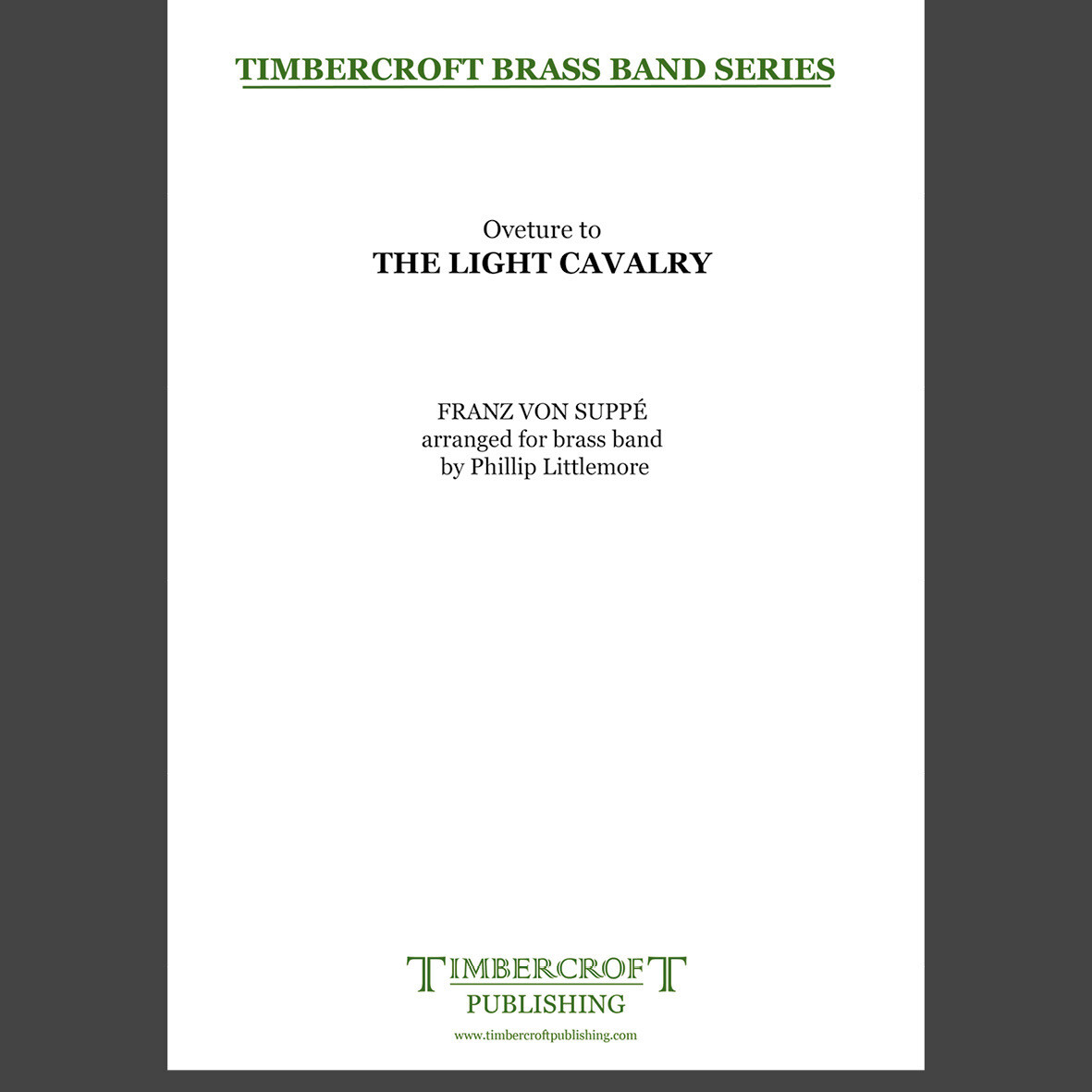 £45.00
£45.00Light Cavalry Overture - Franz von SuppAª arr. Phillip Littlemore
Estimated dispatch 5-7 working days
-
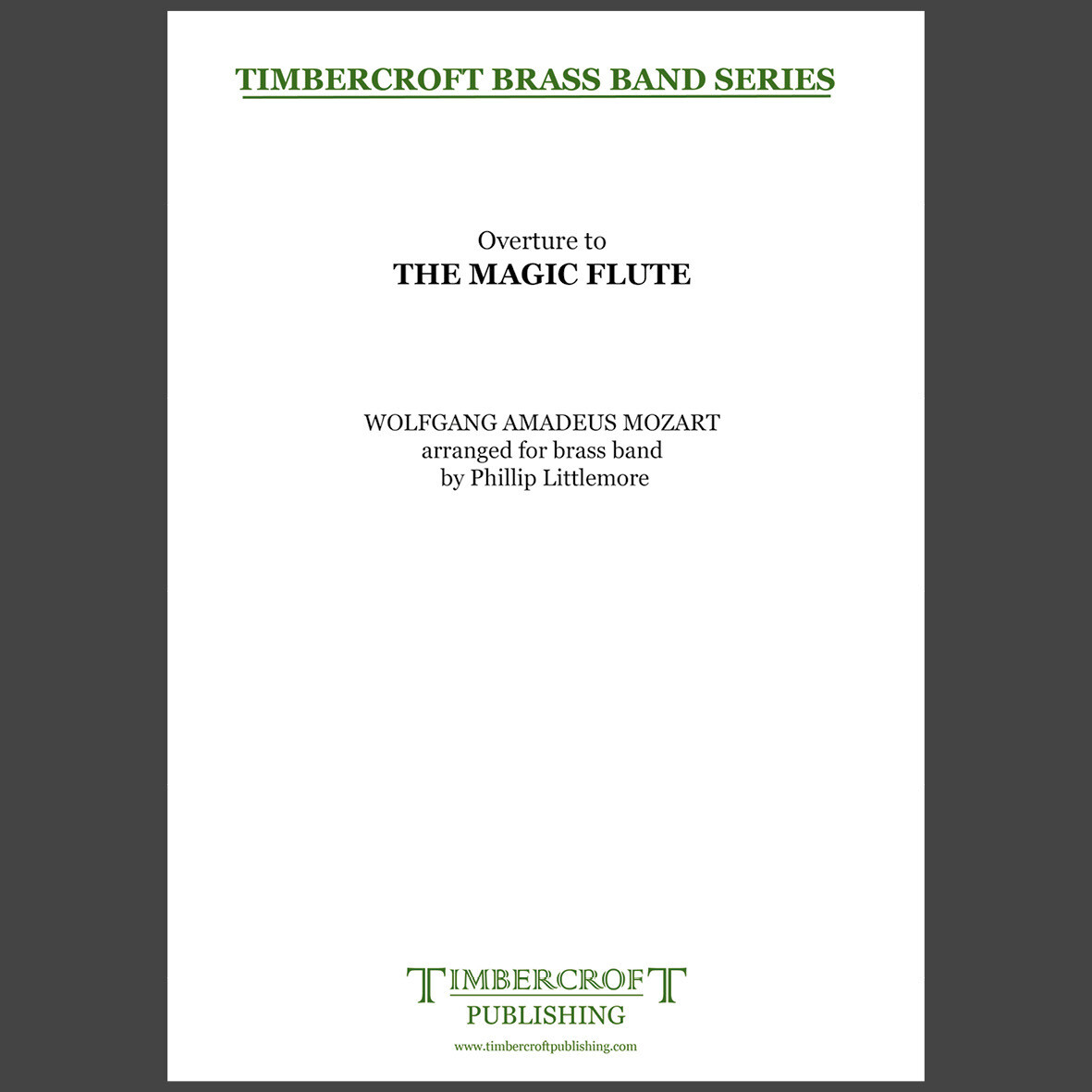 £40.00
£40.00Magic Flute Overture, The - W. A. Mozart arr. Phillip Littlemore
Estimated dispatch 5-7 working days
-
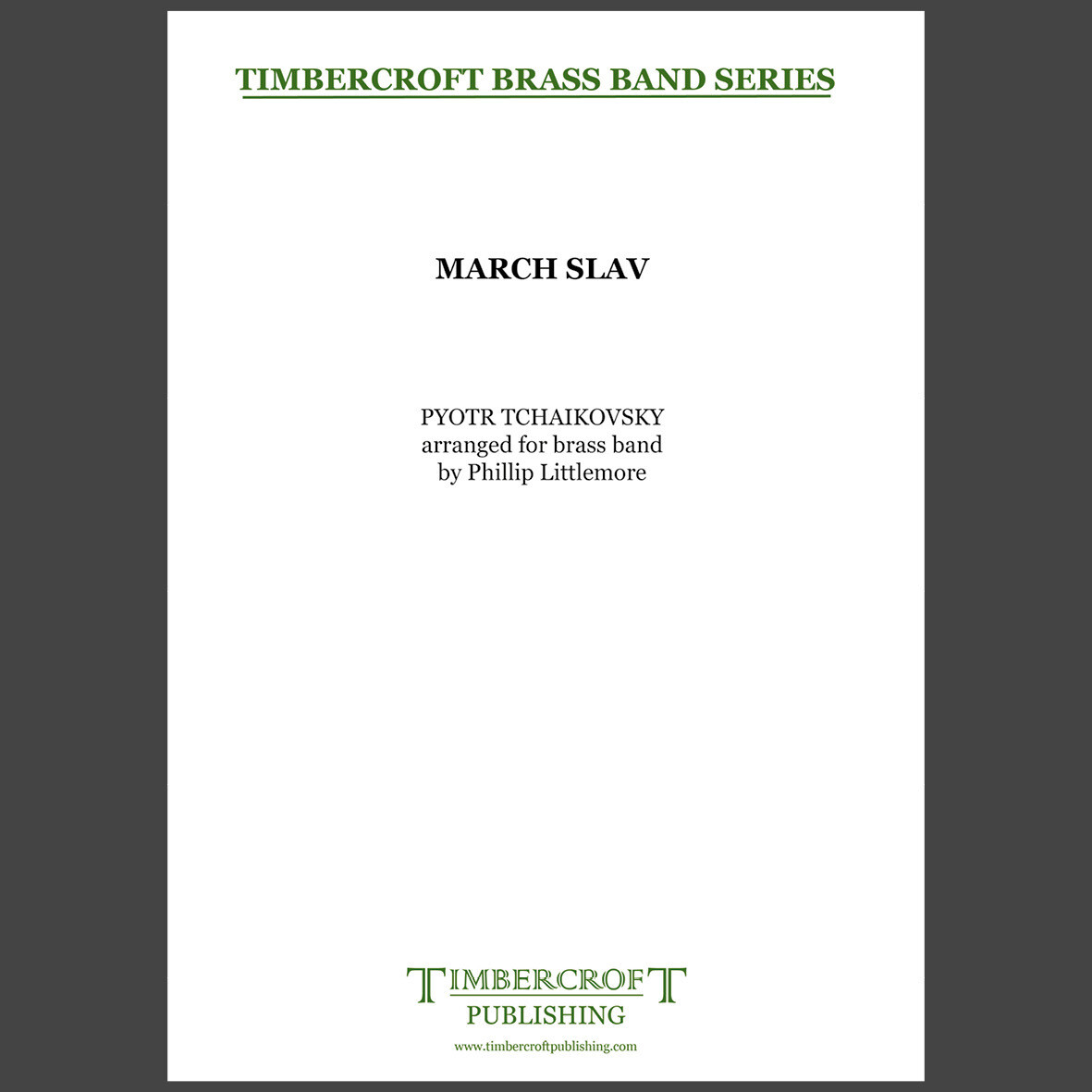 £45.00
£45.00March Slav - Pyotr Tchaikovsky arr. Phillip Littlemore
Estimated dispatch 5-7 working days
-
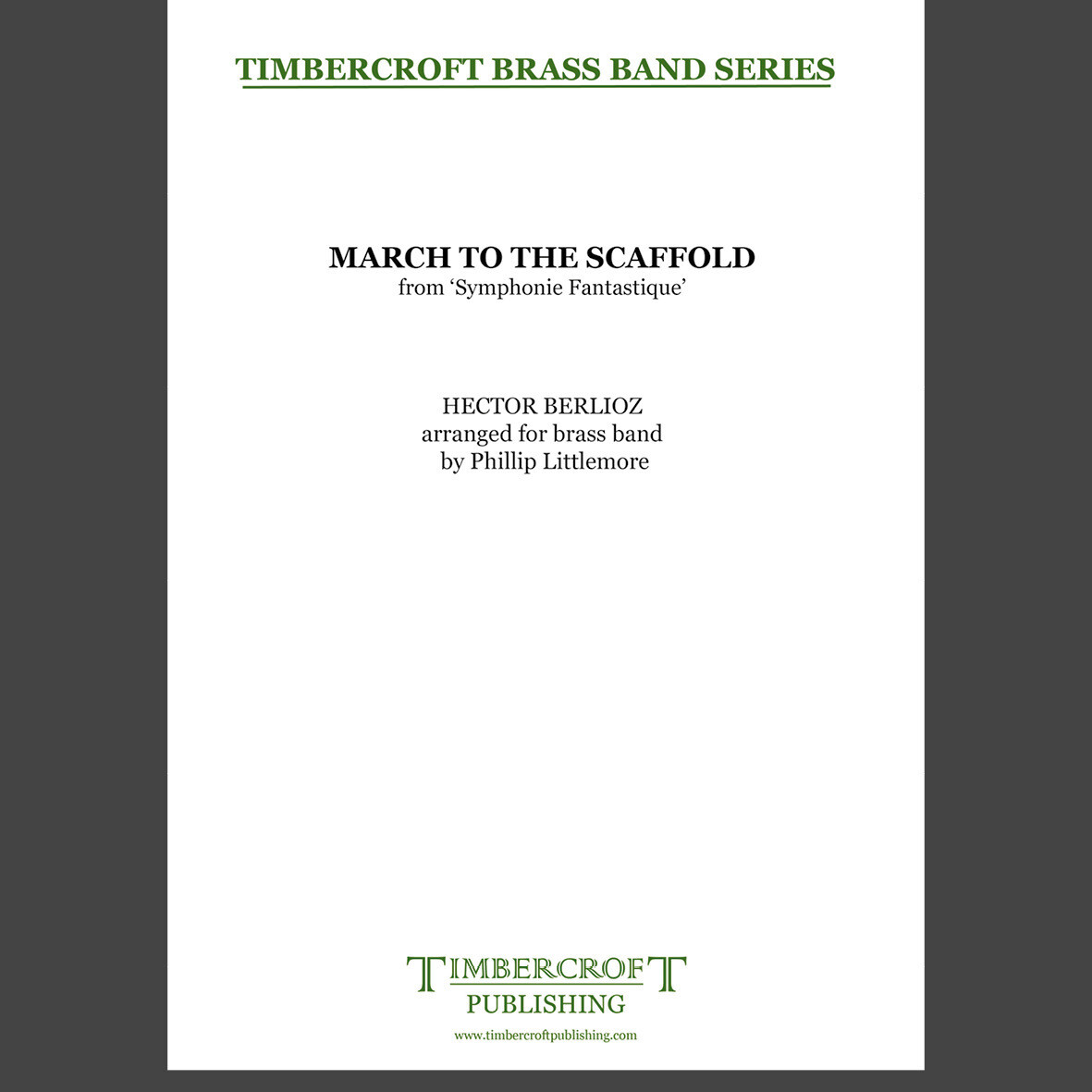 £40.00
£40.00March to the Scaffold - Hector Berlioz arr. Phillip Littlemore
Estimated dispatch 5-7 working days
-
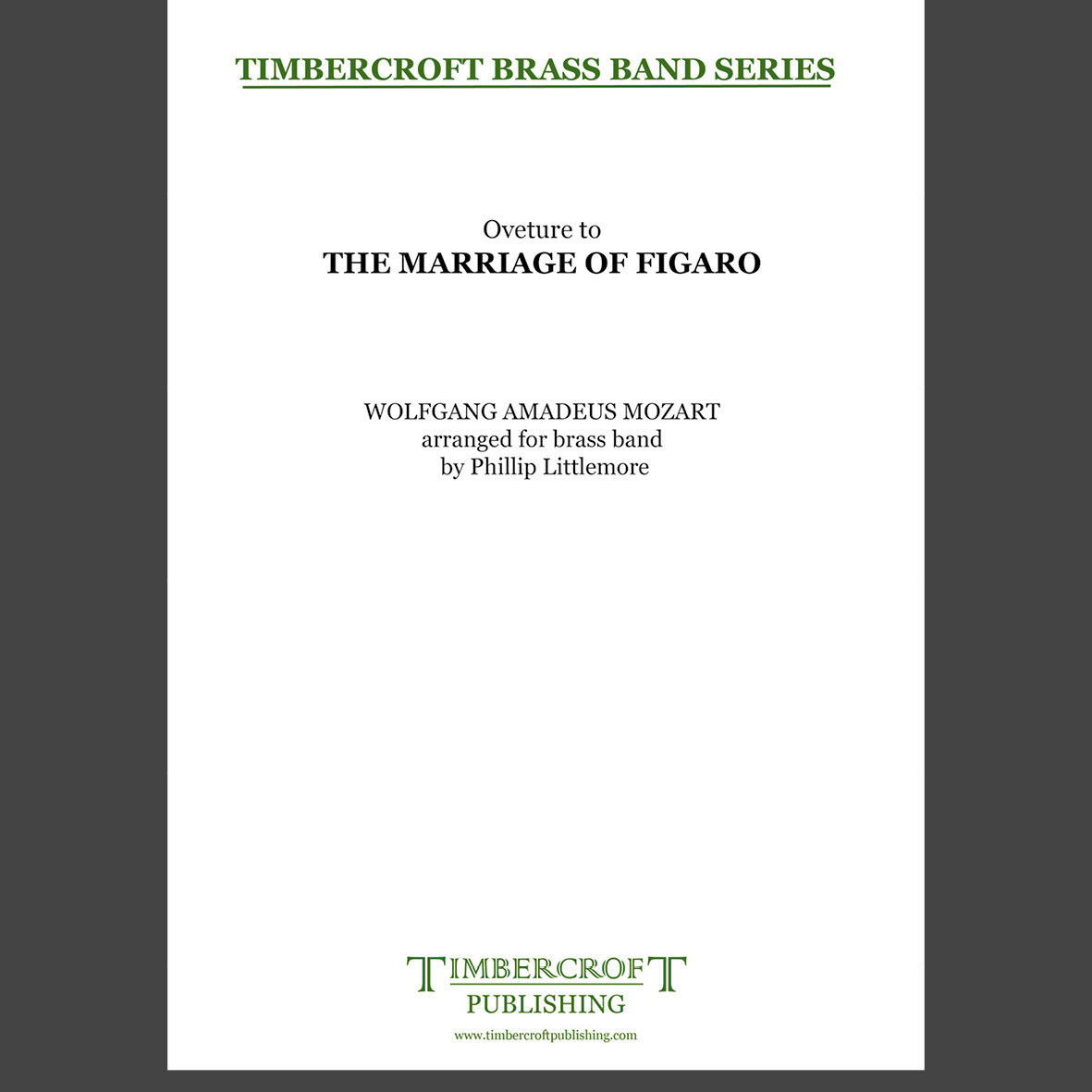 £40.00
£40.00Marriage of Figaro Overture, The - W. A. Mozart arr. Phillip Littlemore
Estimated dispatch 5-7 working days
-
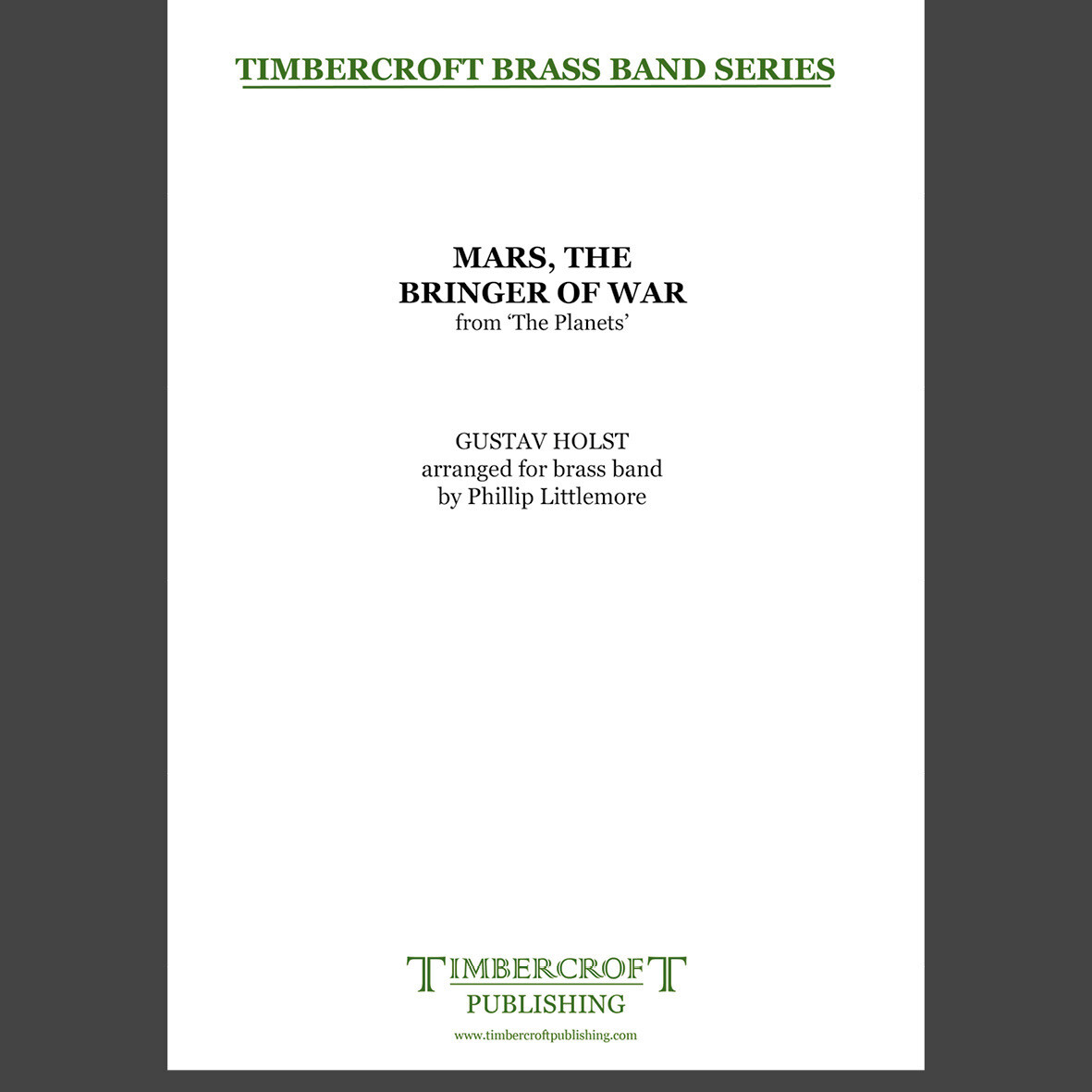 £45.00
£45.00Mars, The Bringer of War - Gustav Holst arr. Phillip Littlemore
Estimated dispatch 5-7 working days
-
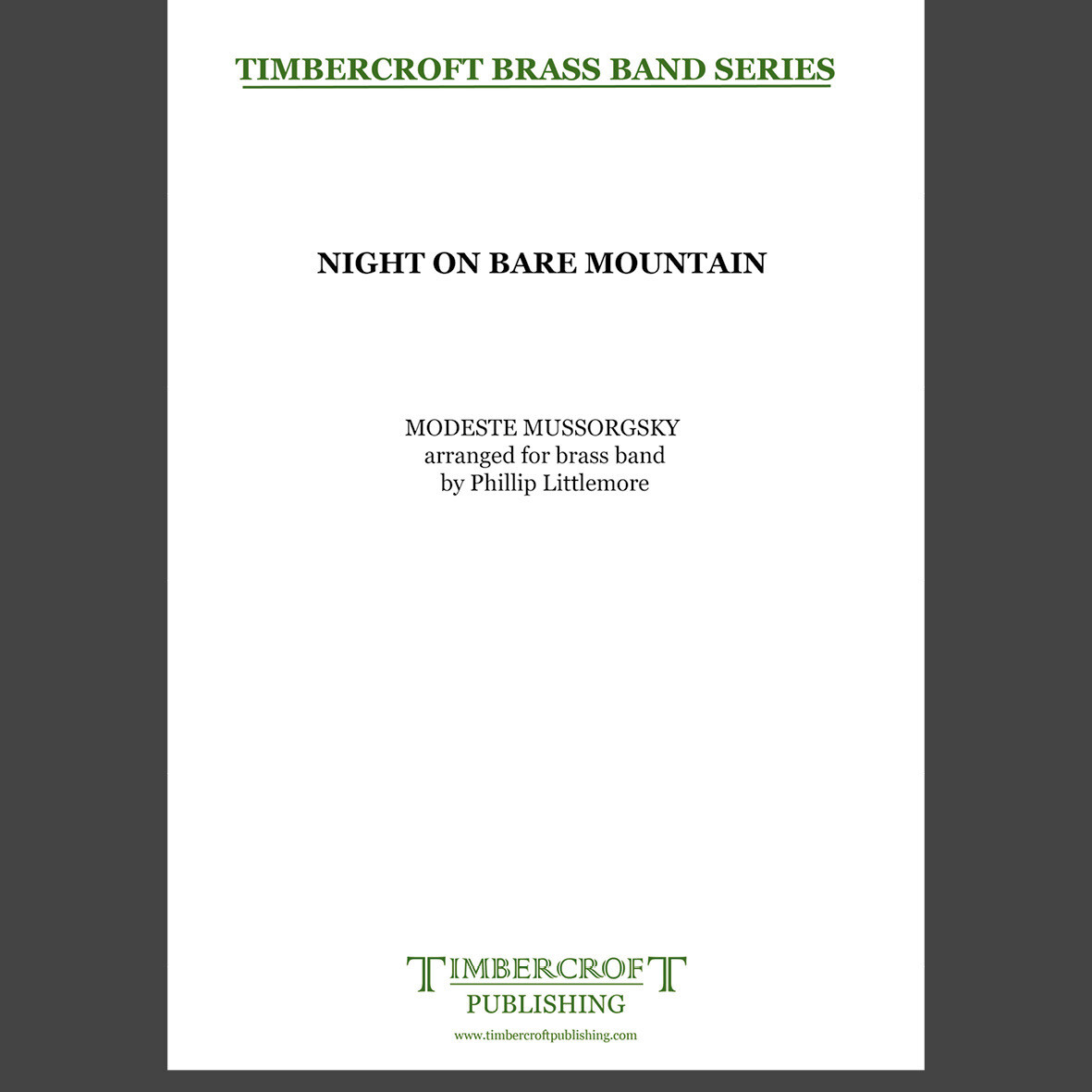 £45.00
£45.00Night On Bare Mountain - Modeste Mussorgsky arr. Phillip Littlemore
Estimated dispatch 5-7 working days
-
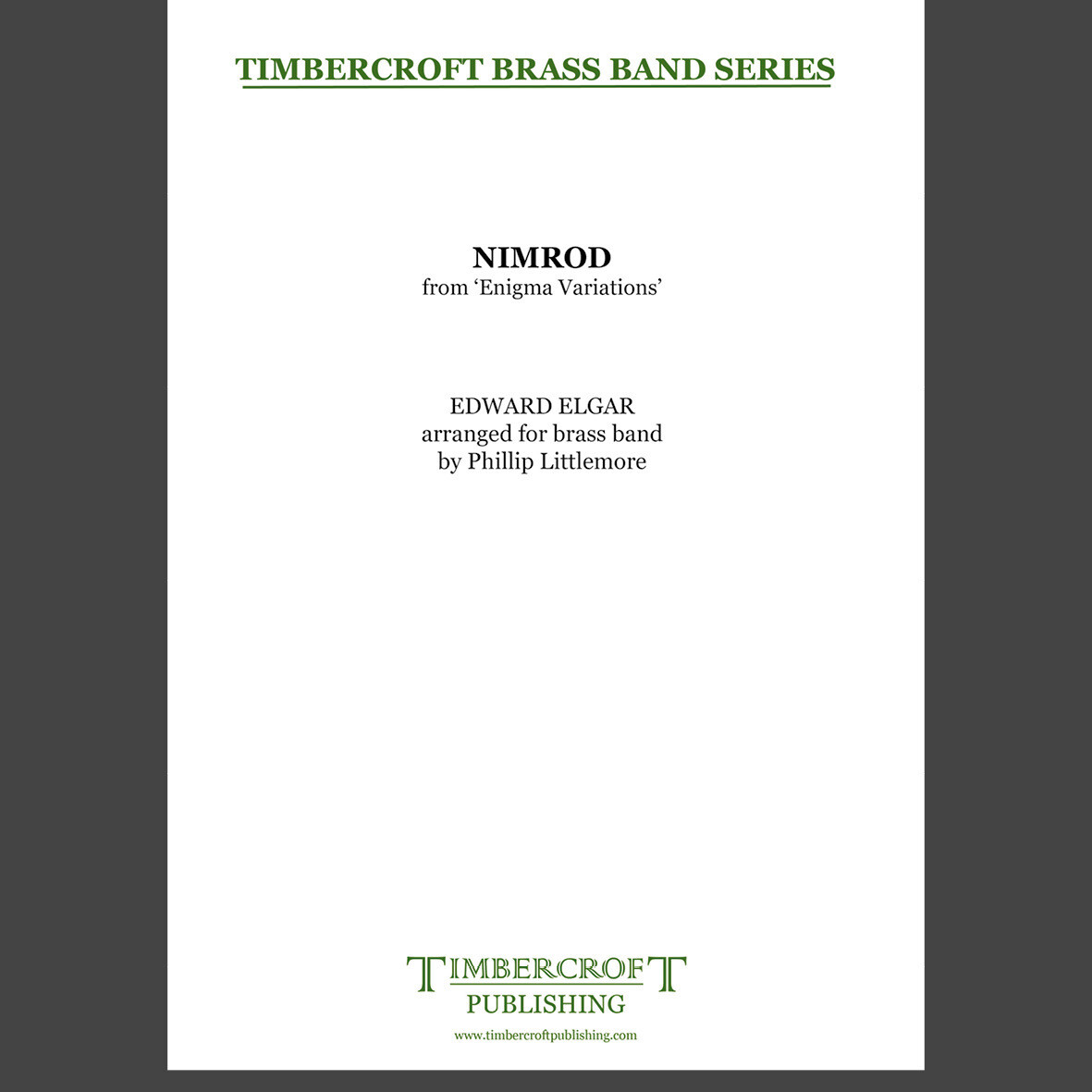 £35.00
£35.00Nimrod - Edward Elgar arr. Phillip Littlemore
Estimated dispatch 5-7 working days
-
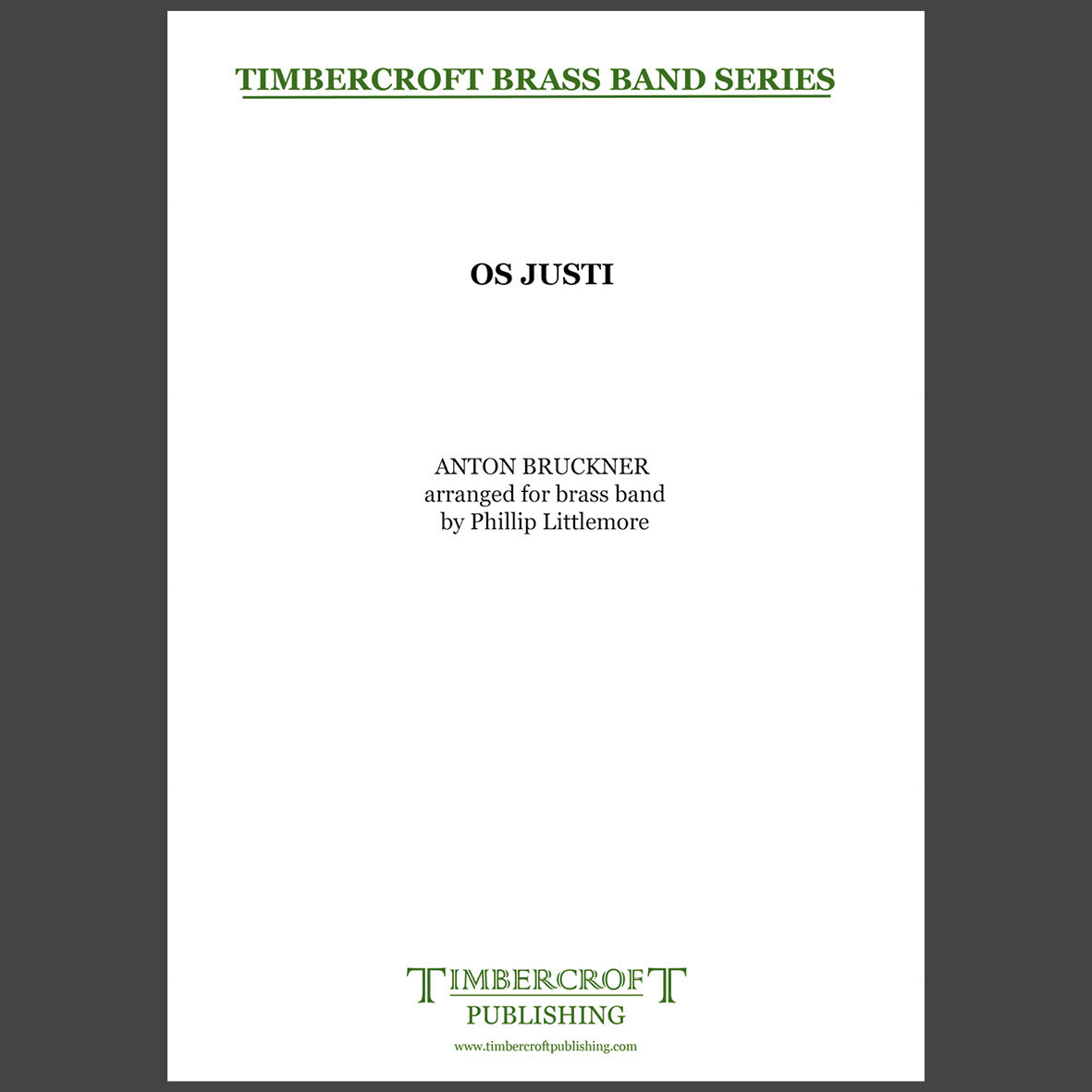 £35.00
£35.00Os Justi - Anton Bruckner arr. Phillip Littlemore
Estimated dispatch 5-7 working days
-
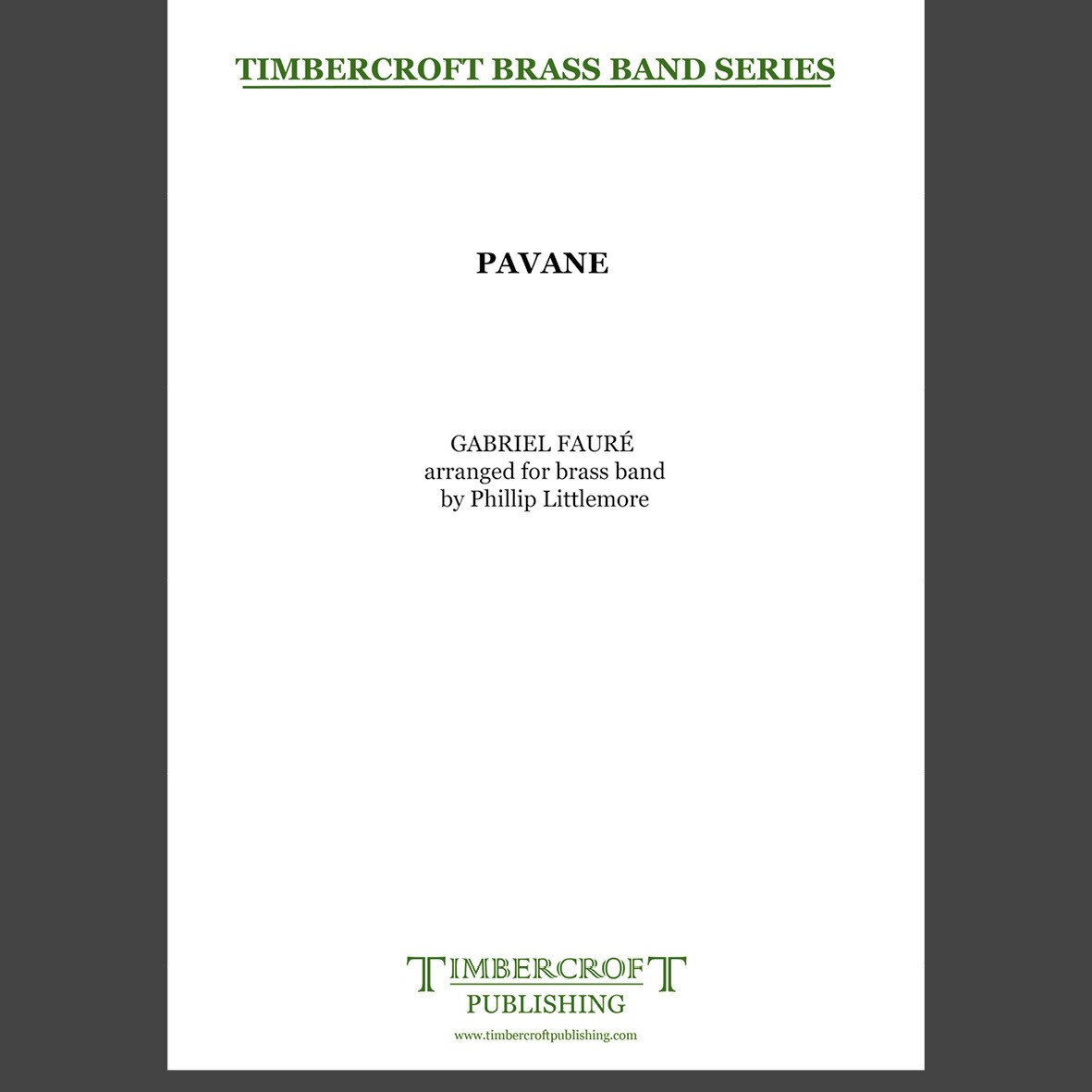 £35.00
£35.00Pavane - Gabriel FaurA(c) arr. Phillip Littlemore
Estimated dispatch 5-7 working days
